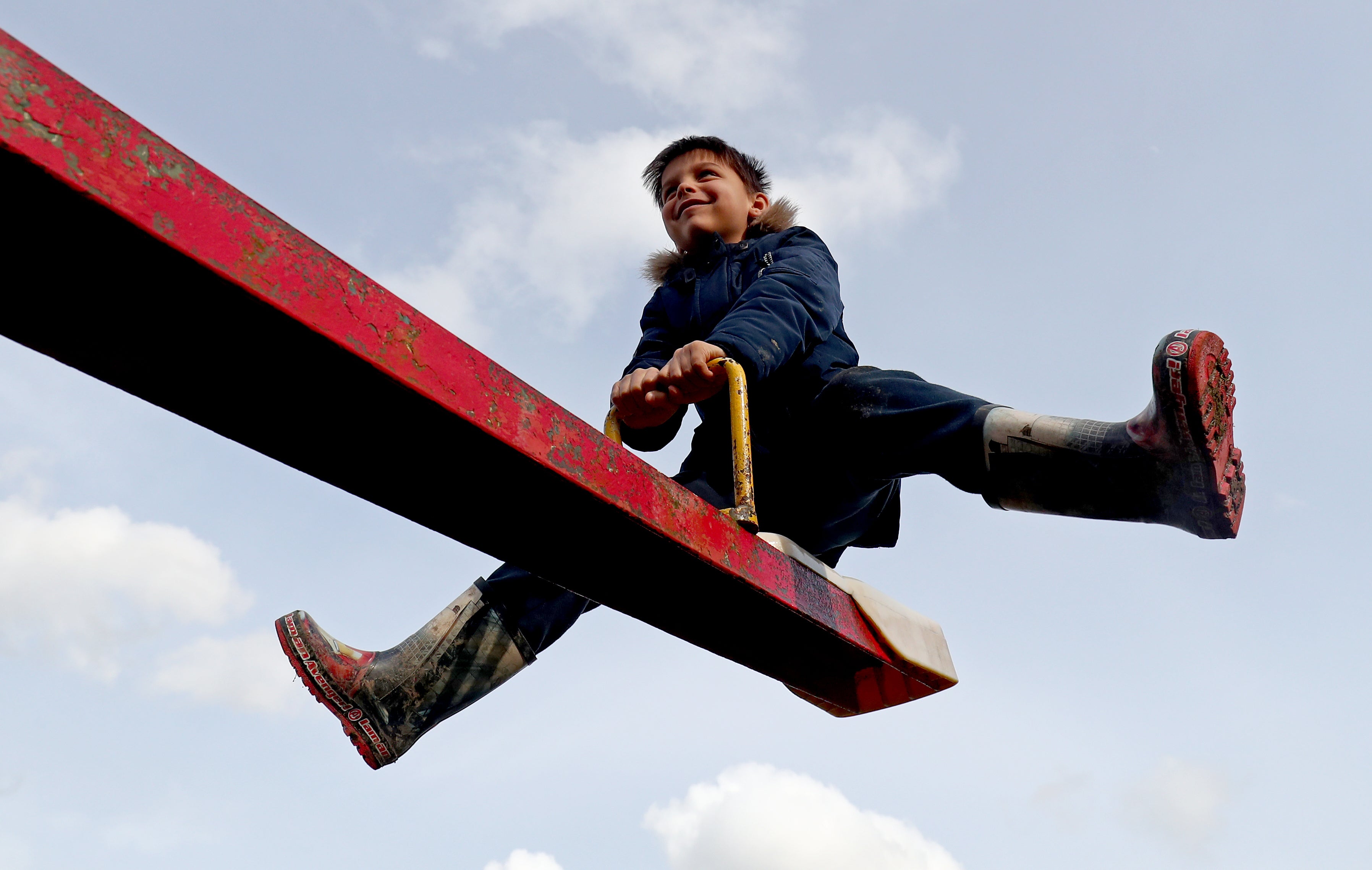Child mental health crisis exacerbated by pandemic ‘can be tackled with play’
A professor at the University of Sussex is championing the wellbeing benefits of play.

Your support helps us to tell the story
From reproductive rights to climate change to Big Tech, The Independent is on the ground when the story is developing. Whether it's investigating the financials of Elon Musk's pro-Trump PAC or producing our latest documentary, 'The A Word', which shines a light on the American women fighting for reproductive rights, we know how important it is to parse out the facts from the messaging.
At such a critical moment in US history, we need reporters on the ground. Your donation allows us to keep sending journalists to speak to both sides of the story.
The Independent is trusted by Americans across the entire political spectrum. And unlike many other quality news outlets, we choose not to lock Americans out of our reporting and analysis with paywalls. We believe quality journalism should be available to everyone, paid for by those who can afford it.
Your support makes all the difference.Experts are championing the benefits of childhood play amid a child and adolescent mental health crisis exacerbated by the pandemic.
Developmental psychologists from the University of Sussex have highlighted the social benefits of children having the opportunity to play – especially after two years of restrictions due to Covid-19 – ahead of national Playday on Wednesday.
Professor Robin Banerjee, head of the university’s School of Psychology, was one of a group of UK mental health experts to make headlines in May 2020 when they called on then education secretary Gavin Williamson to prioritise play after the first national lockdown.
Play is crucial for the socio-emotional and socio-cognitive development of children and young people
He said: “As we continue to navigate the challenges of the Covid-19 pandemic, much has been said about the need to help children catch up on ‘lost learning’ in relation to academic skills. But we also need to support children’s development in a much broader sense.
“Evidence shows children’s mental health has been affected by the global pandemic, and we must provide ample opportunities for children to build and maintain positive social relationships.
“Play is crucial for the socio-emotional and socio-cognitive development of children and young people. It serves as a key context within which children establish and develop their peer relationships, which in turn are so important for the development of their social and emotional skills, mental health and wellbeing.”
Playday encourages families, communities and organisations of all sizes to consider how they can build better opportunities for children to play to support their physical and mental health, improve social skills and help them connect with their communities.
An Ofsted research report published last week concluded the pandemic put “specific pressures on the children’s social care sector, and exacerbated existing challenges”.
During lockdown restrictions some children were less visible to professionals, which increased the risk that harm was not being identified, the report said.
It added that while children have returned to school and professionals have been able to see them again, some services are either not running again or are at a lower capacity than pre-pandemic levels.
The report added: “The mental health of some children and young people deteriorated during the pandemic, and we are seeing increasingly complex mental health needs among the children who require support.
“Health services are stretched and many local authorities and providers are organising their own mental health and wellbeing services as a result.
“This is transferring cost pressures to local authorities, providers and schools and such provision can lack the clinical governance of NHS services.
“Despite efforts to help children and young people to access support, there is concern in the sector that the deterioration in children’s mental health will be a lasting legacy of the pandemic, and that children’s services are likely to remain strained for years, with a rise in demand for adult mental health services in the future.”